Video
Sign up for our newsletter
We summarize the week's scientific breakthroughs every Thursday.
-
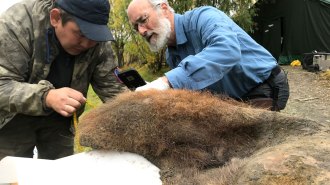 Genetics
GeneticsFreeze-drying turned a woolly mammoth’s DNA into 3-D ‘chromoglass’
A new technique for probing the 3-D structure of ancient DNA may help scientists learn how extinct animals functioned, not just what they looked like.
-
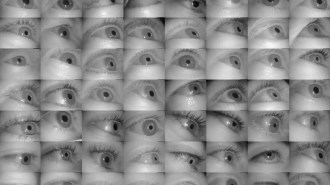 Health & Medicine
Health & MedicineA bizarre video of eyeballs illustrates our pupils shrink with age
Pupil size can decrease up to 0.4 millimeters per decade, hinting at why it can be increasingly harder for people to see in dim light as they age.
-
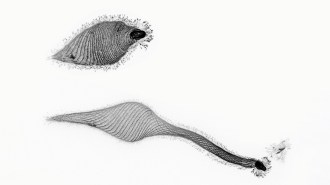 Life
LifeThis protist unfolds its ‘neck’ up to 30 times its body length to scout prey
With geometry’s help, 'Lacrymaria olor' can extend its long, necklike protrusion in less than 30 seconds.
-
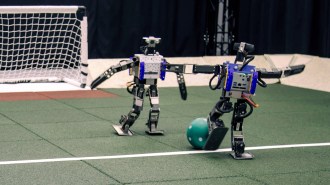 Artificial Intelligence
Artificial IntelligenceReinforcement learning AI might bring humanoid robots to the real world
Reinforcement learning techniques could be the keys to integrating robots — who use machine learning to output more than words — into the real world.
-
 Animals
AnimalsSumatran orangutans start crafting their engineering skills as infants
By 6 months old, young orangutans are experimenting with construction materials, and by 6 years old, they are building platforms 20 meters in the air.
-
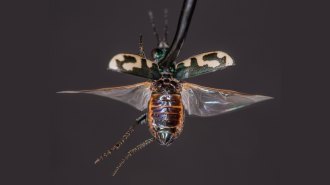 Animals
AnimalsTiger beetles may weaponize ultrasound against bats
In response to recordings of echolocating bats, tiger beetles emit noises that mimic toxic moths that bats avoid.
By Jake Buehler -
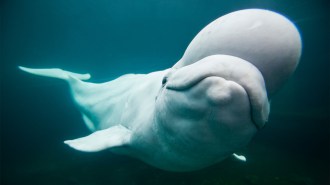 Animals
AnimalsBelugas may communicate by warping a blob of forehead fat
Jiggling the “melon” like Jell-O seems to be associated with sexual behaviors, scientists say.
-
 Humans
HumansRain Bosworth studies how deaf children experience the world
Deaf experimental psychologist Rain Bosworth has found that babies are primed to learn sign language just like spoken language.
By Meghan Rosen -
 Health & Medicine
Health & MedicineAimee Grant investigates the needs of autistic people
The public health researcher focuses on what kinds of support people with autism need rather than on treating the condition as a disease to cure.
-
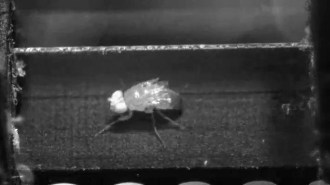 Neuroscience
NeuroscienceTiny treadmills show how fruit flies walk
A method to force fruit flies to move shows the insects’ stepping behavior and holds clues to other animals’ brains and movement.
-
 Artificial Intelligence
Artificial IntelligenceThis robot can tell when you’re about to smile — and smile back
Using machine learning, researchers trained Emo to make facial expressions in sync with humans.
-
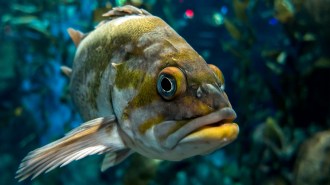 Animals
AnimalsEavesdropping on fish could help us keep better tabs on underwater worlds
Scientists are on a quest to log all the sounds of fish communication. The result could lead to better monitoring of ecosystems and fish behavior.